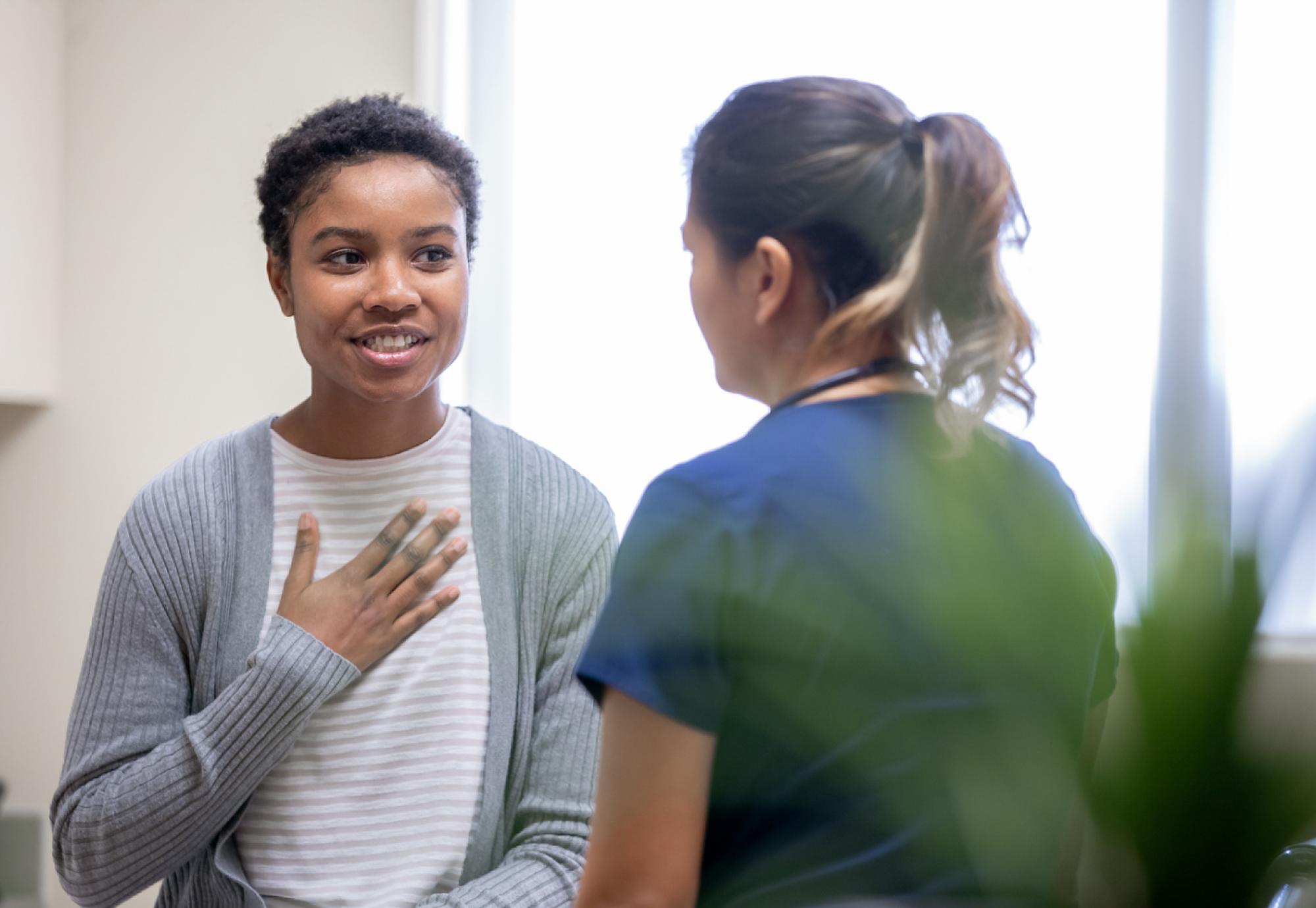The government published its visions for women’s health at the end of last year which set out how health inequalities found between genders will be addressed.
A call for evidence put out in March 2021 saw 100,000 responses, which after analysis found multiple negative experiences of health and care.
Damaging taboos and stigmas around women’s health made women feel like they could not seek help and 8 out of 10 women have felt that they were not listened to by healthcare professionals.
Minister for Women’s Health Maria Caulfield said: “The responses from the call for evidence were in many ways as expected, particularly with regards to women’s priorities, but in some places the revelations were shocking.
“It is not right that over three-quarters of women feel the healthcare service has not listened. This must be addressed.
“Many of the issues raised require long-term system-wide changes, but we must start somewhere. I am proud to publish our Vision for Women’s Health. It is the first step to realising our ambition of a healthcare system that supports women’s needs throughout their lives.”
To address the issues raised through the call for evidence, the government want to focus their attention on rectifying these areas for concern by:
- Ensuring that all women feel comfortable talking about their health.
- Making sure services are accessible for women to meet their needs throughout their lives.
- Making the working environment a supportive one.
- Collecting data from research trials to ensure research reflects the society better.
Full details of how the government plan to tackle the inequalities presented are due to be published in Spring 2020 in the Women’s Health Strategy.
Professor Geeta Nargund Senior NHS Consultant said: “The results of this consultation show unequivocally that our healthcare system needs more support for women’s reproductive health and that, across every age group, women face hurdles in accessing the medical care or information they need.
“It reconfirms why this consultation was so important and, now that we have the results, we must work to address the issues raised and develop policies that will close the gender health gap.
“When it comes to gynaecological conditions, there is a very clear need to accelerate referrals for early diagnosis with a fast-track to consultants, and there must be a focus on health conditions affecting BAME women who have historically struggled to access support. Fertility issues continue to affect a growing number of women and, to ensure all those who need can access treatment, we urgently need to end the NHS IVF postcode lottery, and extend funding to same-sex and single women across the UK.
“The results of this consultation are only the beginning, and we must work together to support our NHS and healthcare system to deliver the best service possible for all women.”



















